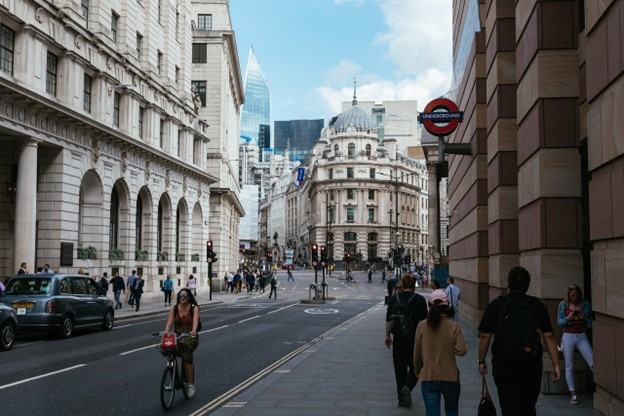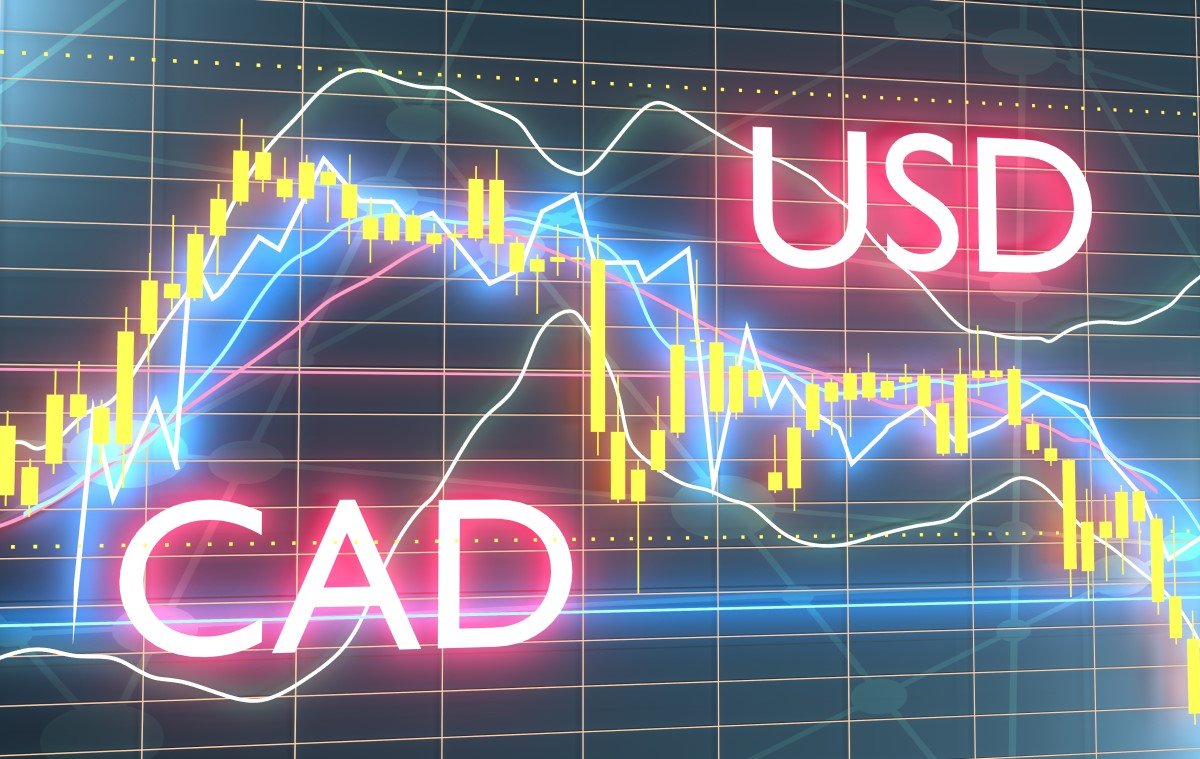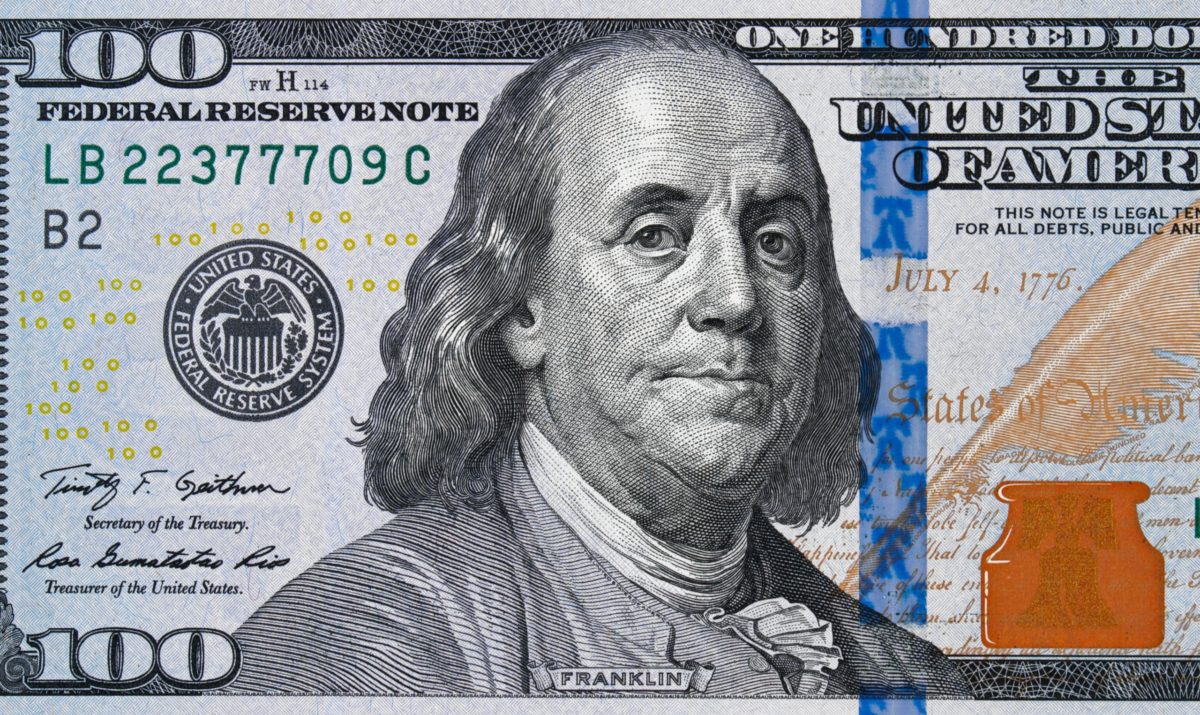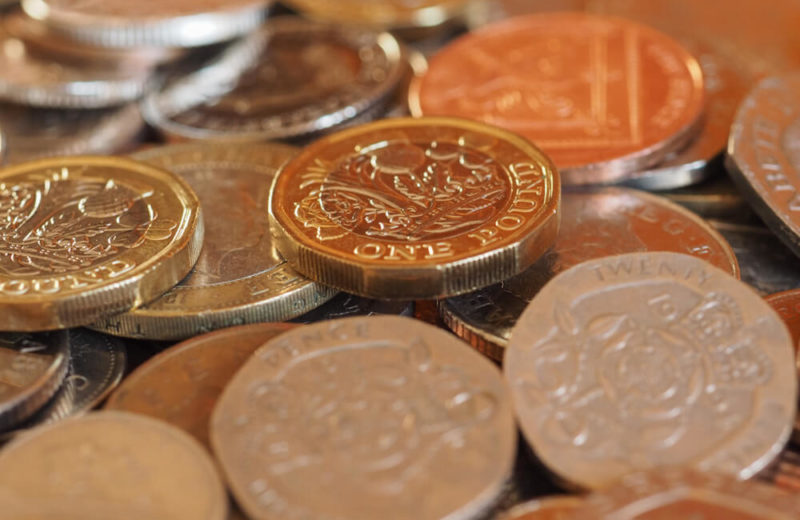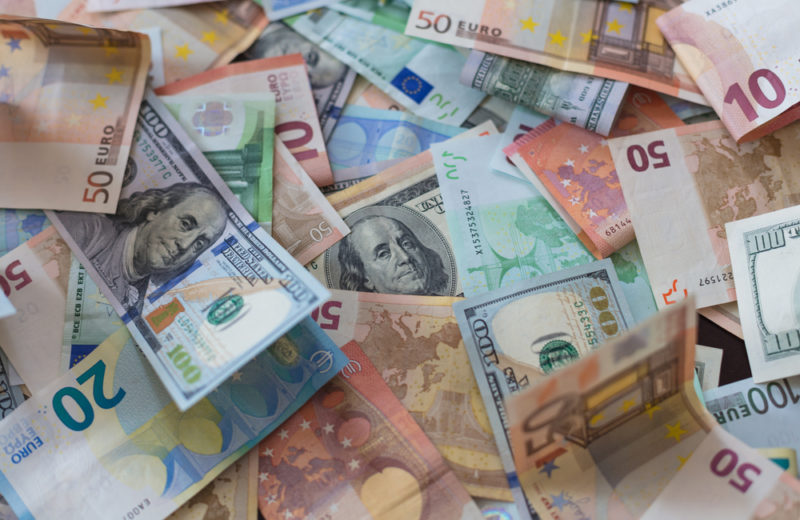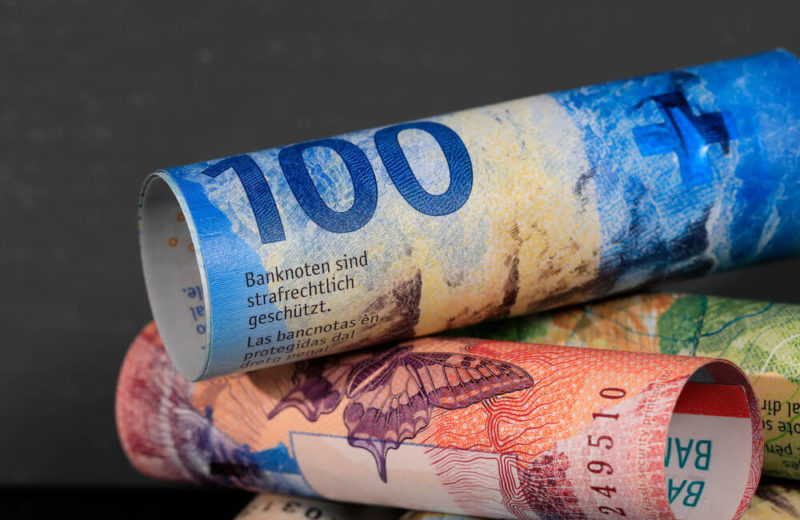Inflation in the UK unexpectedly rose to four per cent in December, complicating the Bank of England’s forecast to start cutting interest rates, as reported by the Office for National Statistics (ONS) on Wednesday.
The ONS revealed that annual inflation, measured by the consumer price index, increased from 3.9 per cent in November, marking a reversal from a recent period of decline. Contrary to economists’ forecasts of a modest decline to 3.8 per cent, as noted by The Guardian, the rate increased.
The annual rate’s increase largely stemmed from the government’s hike in tobacco duty following higher taxes announced in the Autumn Statement. Tobacco prices surged by 16 per cent annually, marking the most significant contribution of alcohol and tobacco costs to inflation since 2006.
ONS economists noted that the rise in tobacco prices was partly offset by a drop in food inflation, which, though still increasing, is doing so at a significantly lower rate than a year ago. Factory goods prices have remained relatively stable, while raw material costs are lower than they were last year.
Bank of England Maintains Interest Rate at 5.25%
Core inflation, which excludes energy, food, alcohol, and tobacco prices, unexpectedly remained unchanged at 5.1 per cent. The Bank of England will closely monitor this development ahead of its next interest rate decision on February 1. Inflation in services edged up from 6.1 to 6.2 per cent.
Fuel prices in December fell by 10.8 per cent on an annual basis. Financial markets had anticipated that the Bank of England would cut interest rates this year due to declining inflation and weak economic growth.
However, the Bank of England left its benchmark interest rate unchanged at 5.25 per cent. With borrowing costs at their highest level in 15 years, policymakers are striving to reduce inflation. The decision to maintain current rates was expected.
Regarding the cost of living, the Bank of England predicts that inflation will hover close to the current rate of 4.6 per cent at the year’s start. However, it anticipates a temporary increase in service price inflation this month, as reported by The Guardian.
Of the nine members of the Monetary Policy Committee of the UK Central Bank, six opposed a rate increase, opting for a standstill, while three voted in favour. This voting outcome mirrors that of the last session, and the rate has remained unchanged since August.


